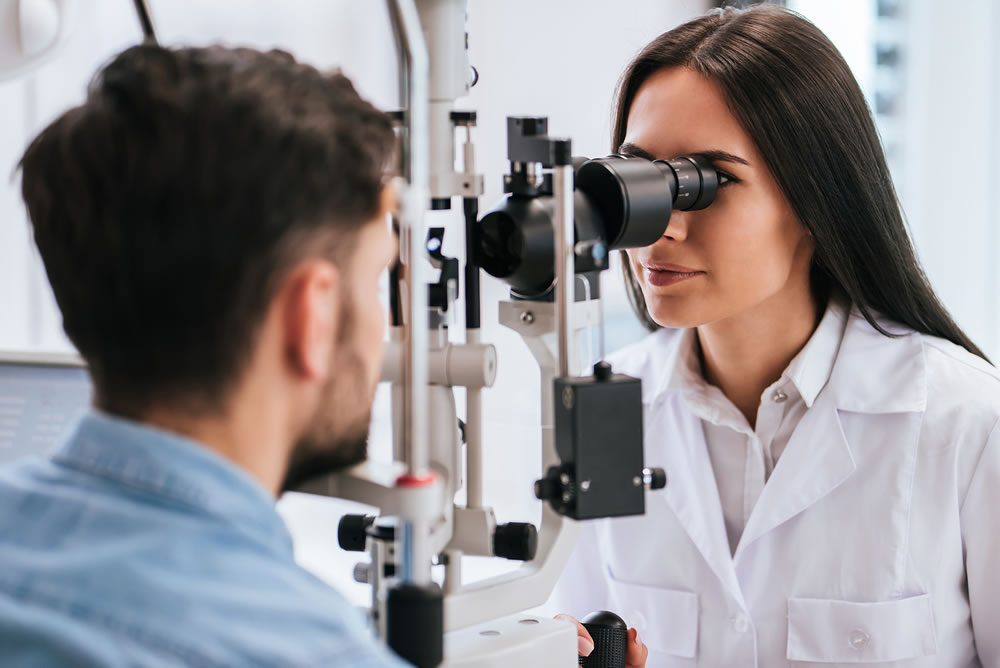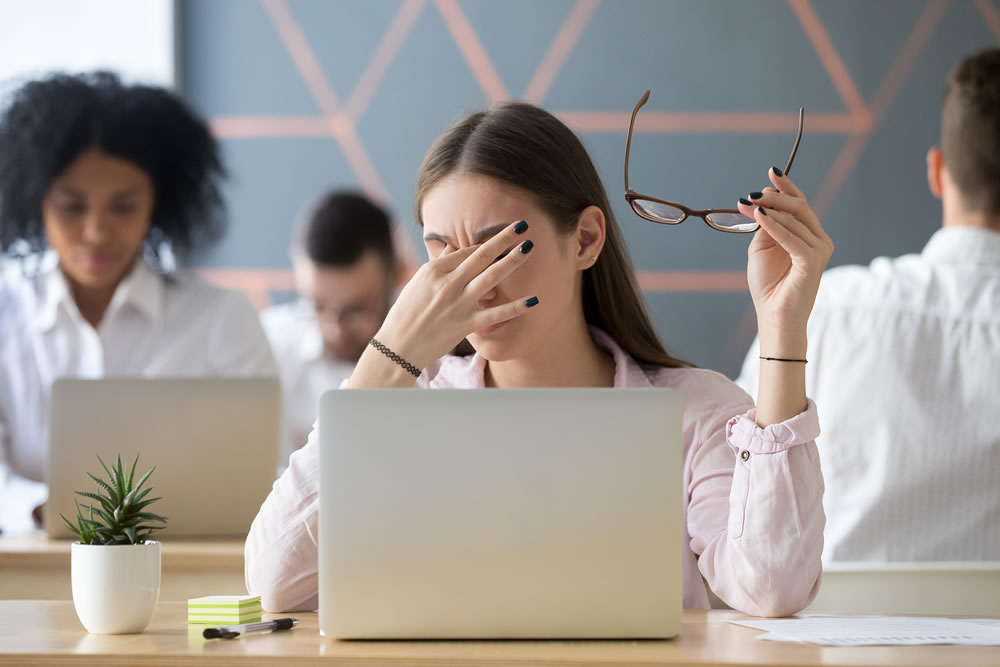
Our eyes are impressively strong; small, but containing over two million working parts, they are true anatomical wonders and deserve a daily dose of TLC. Neglecting them is, however, surprisingly easy – we cannot see our own eyes, after all – but with poor eye health symptoms including infuriating twitches, redness, headaches and fatigue, it’s well worth taking care of these mini scientific powerhouses.
The good news is that looking after your eyes is a trouble-free task and, by following our simple steps, you can keep your pupils bright, strong and shining!
As with most aspects of health and wellbeing, the best way to maintaining top eye health is through good lifestyle practices. Excessive alcohol consumption, for instance, can cause macular degeneration (distortions to the centre of your vision and one of the main causes of blindness) and increase the risk of eye diseases like cataracts. Smokers are also liable to suffer from similar illnesses as well as conditions like uveitis (inflammation of the eye’s middle layer), so smoke inhalation should be kept to a bare minimum.
We all know that Mother Nature is a wonderful prescription for our physical and mental welfare, and eye health is no exception. Spending time among the great outdoors encourages us to focus our vision on distant objects – just what our screen-glued eyes are calling out for. Being outside is also believed to reduce young peoples’ danger of developing myopia, or short-sightedness. Green spaces are, moreover, a known minimiser of stress, which can aggravate our eyes through the headaches stress and strain often provoke.

A good diet is also essential for keeping your peepers in first-rate condition. Omega 3, for example, helps to protect vision and has been found to reduce eye dryness. The reason for this is that one type of Omega 3 fatty acid, called DHA, is a major structural component in the eye’s retina. Oily fish, flaxseeds and leafy green vegetables like spinach are top sources of Omega 3, so fill up your plate with these deliciously natural ingredients for an eye-brightening boost. Leafy greens are also high in lutein, a vitamin which helps to reduce the risk of eye diseases and the aforementioned macular degeneration.
Other eye-loving vitamins include Vitamins A (found in foods such as cheese, eggs, liver), C (oranges, red and green peppers, broccoli) and E (olive oil, nuts, seeds). Not only are all of these foods tasty ways to achieve excellent overall health, they are sure to keep your eyes bright and beautiful!
Scheduling biennial optician appointments into your diary will also help to keep your eyes in check – topping visits up to once a year if you are a regular screen user or suffer from eye problems of any sort. Your optician will enquire about your family history and it is always a good idea to keep them well-informed – even about illnesses apparently unrelated to eye health. Not only are conditions like near/far-sightedness, astigmatism and glaucoma related to genetics, but health conditions including diabetes and high blood pressure, which sometimes causes damage to the eye’s delicate blood vessels, can impact eyes and vision.

If you are prescribed glasses by your optician, you should always make an effort to wear them for the recommended activities. Contrary to the belief held by many, wearing glasses or contact lenses does not make your eyesight deteriorate. Rather, they reduce headaches as they help eyes to work more efficiently. Other benefits of wearing correctly prescribed specs include squint reduction and even helping to boost reading speed. Anti-reflective and UV coatings are something else to bear in mind. A safe way to protect your pupils from sunlight and irritating glares, these additions to your lenses will enable more light to find its way to the eyes and help to provide sharper vision.
Our final top tip is to step away from the screen. From stress to sleep, digital screens are the culprits of a whole host of health problems and, with over half of office workers reporting signs of eyestrain, sight should certainly be a priority amongst them. As well as maintaining general good practices like careful screen positioning (computer screens should be no closer than 40cm from your face), we recommend observing the ‘20-20-20 rule’: for every 20 minutes spent before a screen, look away at an object 20 feet in the distance for around 20 seconds.
From healthy diet habits to regular optician visits, there are plenty of easy ways you can take care of your vision. The message is simple: we all need to keep an eye on our eyes.
